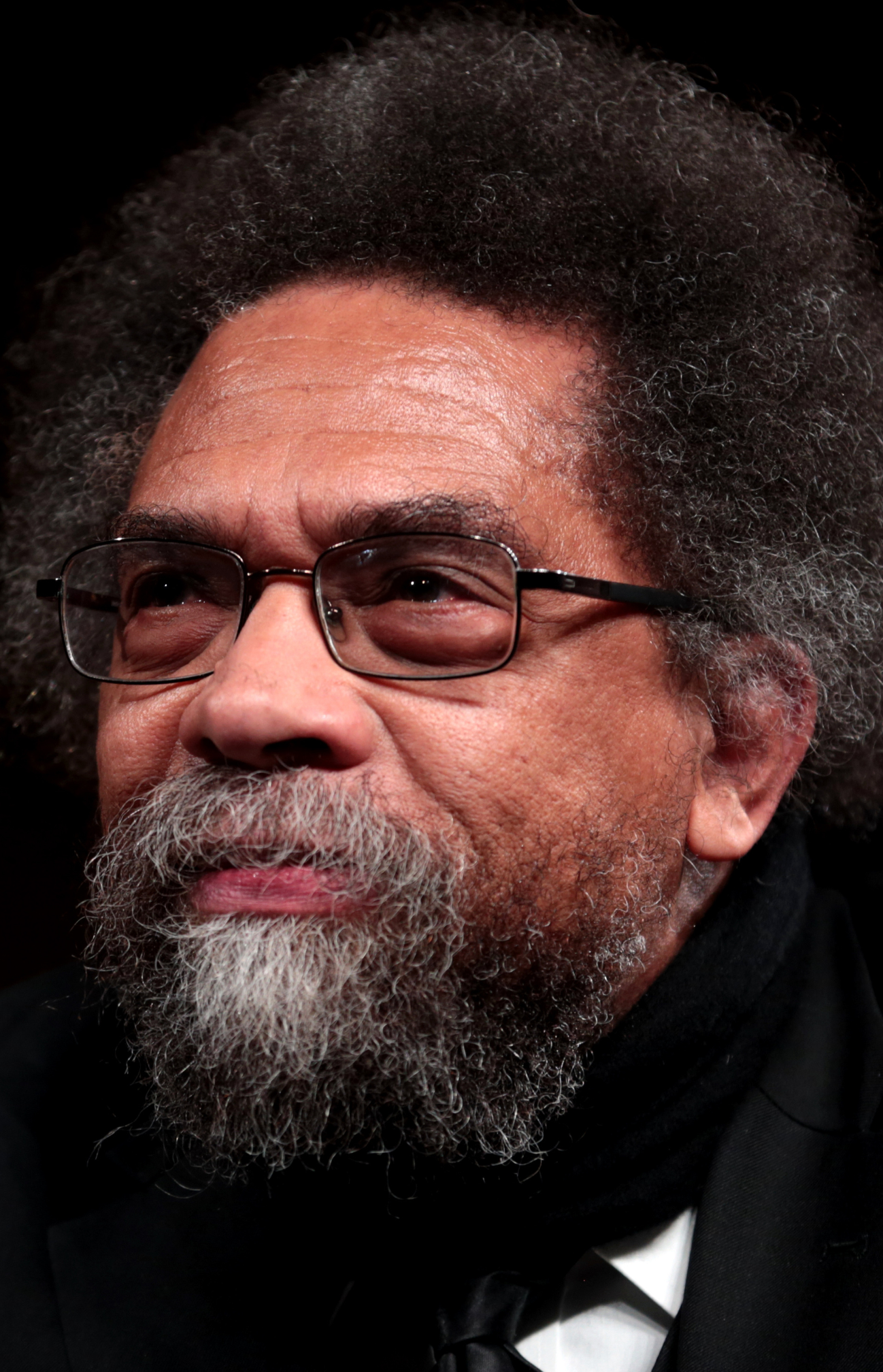Blog
Introduction to the Spring 2024 Roundtable: Should the Church of Jesus Christ of Latter-day Saints Aplogize for Historical Racism?
June 19, 2024
Introduction: Systemic racism has been a persistent issue within the Church of Jesus Christ of Latter-day Saints, ingrained deeply into its theology, practices, and culture for much of its history. Despite pivotal moments like the 1978 reversal on the priesthood ban for Black members and recent calls from Church leaders to abandon prejudicial attitudes, systemic racism remains one of the church’s most significant challenges. Recent controversies, such as the distribution of racially insensitive manuals and inadequate responses to historical racism, underscore the ongoing struggle within the Church to fully confront its past and present biases. This roundtable explores the necessity of a comprehensive approach to dismantling racism within the LDS Church, addressing the need for acknowledgment, apology, and proactive measures to foster inclusivity and respect for all members, regardless of race or ethnicity.
“The Best of Us”: A Conversation with Cornel West by James C. Jones: Follow this powerful conversation between James C. Jones and renowned scholar Dr. Cornel West, where Dr. West delves into the complexities of the issue, offering profound insights on the intersection of race, religion, and accountability within the context of Mormonism. Highlighting the need for action beyond apologies and the importance of embracing the best of religious traditions, the conversation touches on themes of inclusivity, spirituality, and the challenges of accountability within centralized structures.
Blessings Deferred by Daylin Amesimeku: This essay reflects experiences from Brigham Young University, where the Armesimeky initially struggled to articulate her feelings about the ban due to its historical implications. The narrative highlights the story of Jane Manning James, an African American pioneer who faced discrimination despite her devotion to the faith, including being sealed to Joseph and Emma Smith as a servant rather than receiving promised blessings. She also critiques the Church’s handling of its racist past, noting recent controversies such as the distribution of a Sunday School manual containing racist justifications, contrasting with official disavowals in previous essays. She finally argues for a need for the Church to openly confront and acknowledge its racist history, emphasizing the ongoing impact on African descent members who continue to feel marginalized and calls meaningful action beyond mere apologies, advocating for comprehensive education and reform within the Church to address systemic racism effectively.
Considerations for an Apology for Afrodescendants in Brazil by Fernando Pinheiro: The piece discusses the Pinheiro’s reflections on racial discrimination within the Church in Brazil. The text highlights the historical context of racism in Brazil, stemming from its colonial past and enduring through societal structures post-abolition. It contrasts Brazilian racism with more explicit forms like South African apartheid or US segregation, noting that while institutional racism was prohibited, social racism persisted. The article concludes by advocating for the Church to issue a formal apology for its historical racist practices, suggesting that such an apology would acknowledge past harms, express remorse, and help heal wounds within the community. It argues that an apology could also resonate positively with younger generations and potential new members who value social justice and equality, potentially paving the way for reconciliation and a renewed direction for the Church.
How the LDS Church Can Follow Its Prescribed Steps of Repentance to Reduce Its Systemic Racism by Carol Brown: This failure to address systemic racism shows a need for a comprehensive effort to dismantle bigotry ingrained in LDS theology, practices, doctrine, curricula, and culture throughout its history.


 Back to all blog articles
Back to all blog articles

